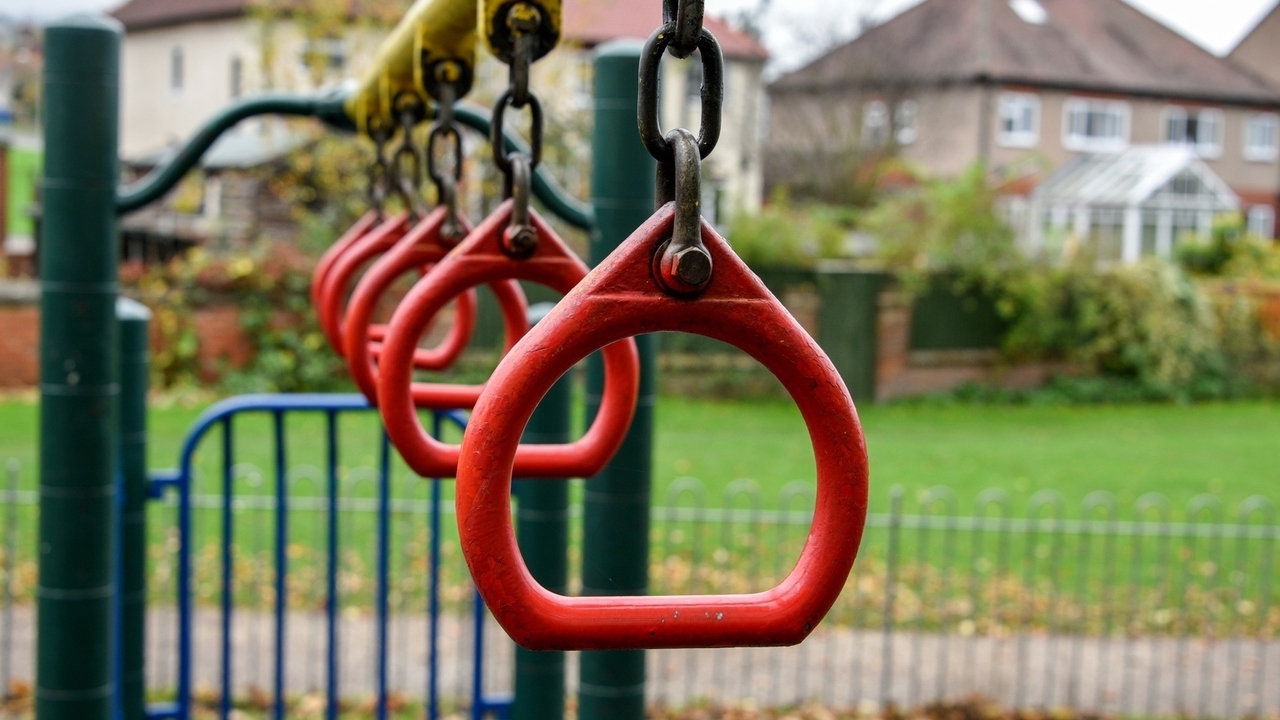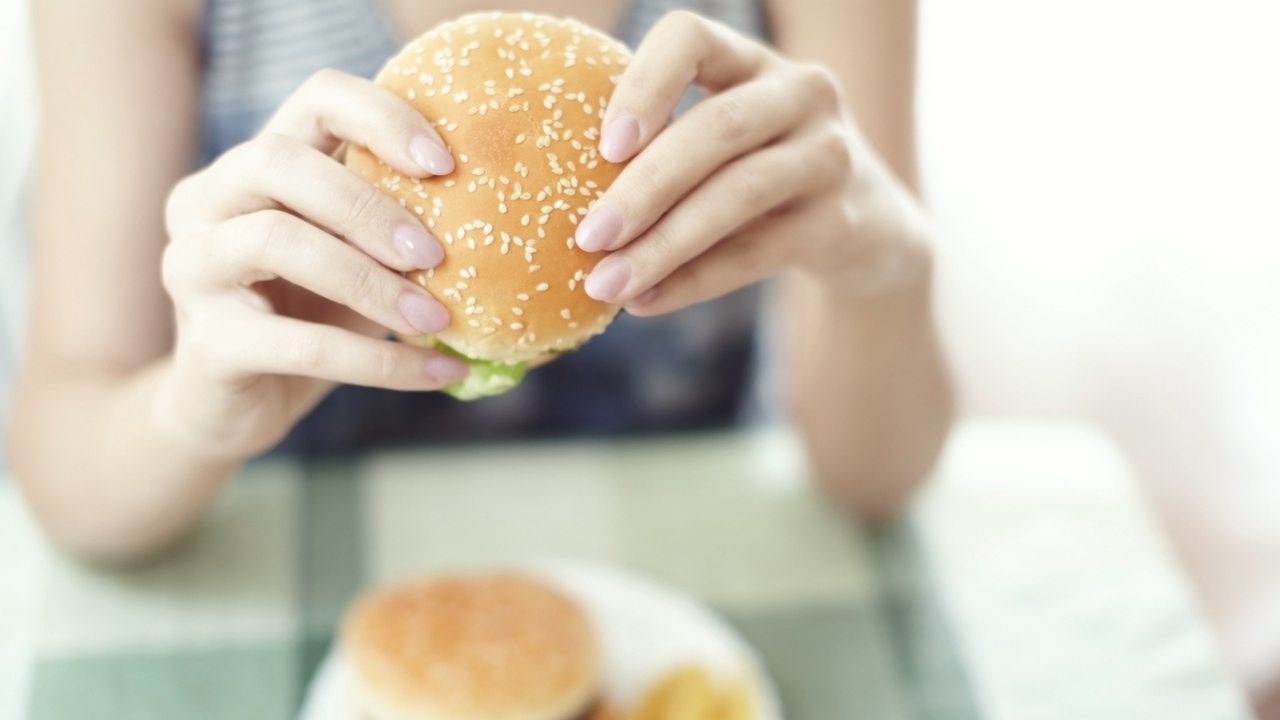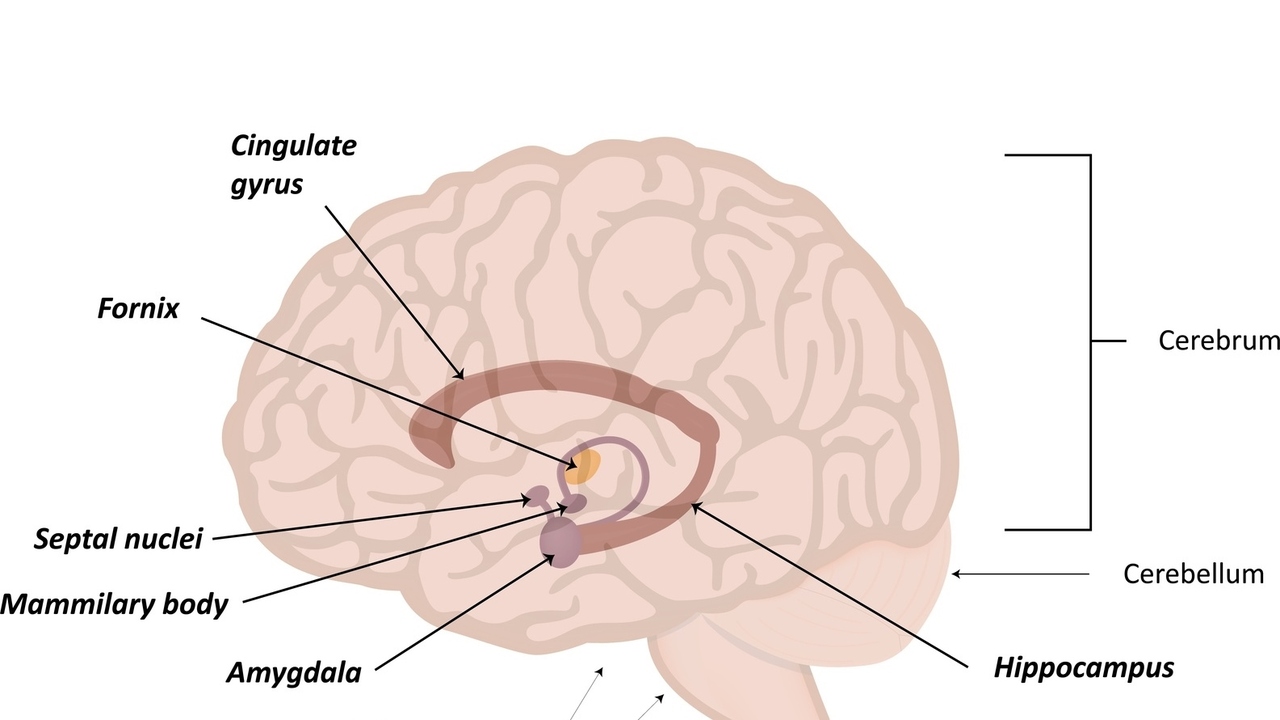 Via Unsplash
Via Unsplash
Gratitude is among the first social graces we teach our children. For every cookie, every birthday gift and every kind word, we incessantly remind them, “Say thank you.”
Gratitude is among our first life lessons because it is a key indicator of a civilized person.
“A person of no integrity is ungrateful & unthankful,” said the Buddha in his teachings to his students.
Islam ranks gratitude among its highest beliefs.(5)
The Apostle Paul went so far as to say gratitude is God’s will. “Be joyful always, pray without ceasing, give thanks in all circumstances; for this is God’s will for you in Christ Jesus.” (1 Thessalonians 5: 16-18)
Gratitude is both civility and spiritual practice.
“Thankfulness can be understood as courtesy or as conscience; as social gesture or as sacred grace; as a way of talking or as a state of the soul; as an aspect of personality or as a part of character,” wrote Rabbi Norman Lamm.
Gratitude Affects the Brain
The practice of gratitude has been associated with better sleep, reduced anxiety and lowered depression.(6)
An NIH study found that gratitude increases activity to the hypothalamus — the area of the brain responsible for homeostasis — keeping your metabolism, hormones and autonomic nervous system in balance.(7)
Researchers from the the University of Southern California decided to pinpoint the neurobiological correlates of gratitude, i.e., what’s happening in the brain.
Study participants underwent MRIs while being encouraged to feel gratitude. Researchers suspected that participants experiencing gratitude would have corresponding brain activity in regions associated with moral cognition, value judgment and theory of mind.(2)
Stories of Holocaust survivors were used to prompt a response of gratitude in the participants. Survivors related gratitude-filled tales of being sheltered by strangers and of receiving clothing and lifesaving food.
Study participants were asked to imagine themselves in the context of the Holocaust, experiencing the same kindnesses.
Imagine hearing Nazi soldiers pound their fists on the front door of the house where you are hiding. Your host opens the door, greets the soldiers in calm tones and shows them about the house. You wonder if the sound of your own breathing will give you away. Your host is relaxed and convincing. The soldiers leave.
What do you feel for the man or woman who is hiding you?
As hypothesized, results showed gratitude-related activity in the brain, specifically in the anterior cingulate cortex (ACC) and medial prefrontal cortex (mPFC) regions.
The ACC has a connection to both our limbic (emotional) system and cognitive prefrontal cortex. The ACC likely plays a role in the ability to control and manage uncomfortable emotions (sadness, guilt, shame).(3)
The mPFC has been credited with controlling decision making (think moral judgments), retrieval of longterm memory, concepts of time, and emotional response.(4)
This study and others seem to confirm the mPFC’s role in rewarding social interactions and empathic behavior.(2)
Our brains are wired to feel empathy for others and to feel grateful for empathy shown to us.
Gratitude in Daily Life
The tide of daily life flows against thankfulness. Materialism subverts feelings of contentment. We over-schedule our days to feel useful and productive.
The constant flash of electronics and their hypnotic screens prevent us from interacting with our loved ones and from witnessing the blessings in our lives.
Am I grateful today?
Amidst the specter of my husband’s unemployment and consequent money worries, a child prematurely home from college making questionable choices, homesickness for faraway friends and landscapes, I feel powerless and displaced. Scared.
But I’m grateful for a morning game of tennis with a kind woman on a court in the woods, for the last burst of cherry tomatoes in my garden before fall, for a breezy day.
As an aside, I felt much better writing the latter sentence — the woods-tomatoes-breeze sentence , so much lighter and more optimistic — than I did the former.
There’s a neurological reason for that.
“Gratitude can have such a powerful impact on your life because it engages your brain in a virtuous cycle. Your brain only has so much power to focus its attention. It cannot easily focus on both positive and negative stimuli,” neuroscientist Alex Korb wrote for Psychology Today.(6)
Gratitude is an inside job — the will of God for us, so to speak. Not a cudgel for battering others into contentment.
Exhortations to be grateful should not be wielded against the discouraged and depressed. “How can you be depressed? You have so much to be grateful for!” That’s shaming and dismissive.
Let us cultivate our own gardens and attend to our own gratitude lists. We can help those who are struggling by telling them we are grateful for their presence in our lives. As Paul said, “I never cease to give thanks for you, remembering you in my prayers. . . .” (Ephesians 1:16)
Reviewed September 16, 2016
by Michele Blacksberg RN
Edited by Jody Smith
1) Lamm, Rabbi Norman. Gratitude Is Good For The Soul. Retrieved September 13, 2016.
http://www.jewishpress.com/indepth/front-page/gratitude-is-good-for-the-soul/2013/07/17
2) Fox, Glenn R. et al. Neural correlates of gratitude. Journal.Frontiersin.org. Retrieved September 13, 2016.
http://journal.frontiersin.org/article/10.3389/fpsyg.2015.01491/full
3) Anterior Cingulate Cortex: Unique Role in Cognition and Emotion. neuro.PsychiatryOnline.org. September 13, 2016.
http://neuro.psychiatryonline.org/doi/pdf/10.1176/jnp.23.2.jnp121
4) The Role of Medial Prefrontal Cortex in Memory and Decision Making. cell.com. September 13, 2016.
http://www.cell.com/neuron/abstract/S0896-6273(12)01108-7
5) Gratitude I. September 13, 2016 IslamWeb.net.
http://www.islamweb.net/en/article/145008
6) Korb, Alex PhD. PsychologyToday.com. September 13, 2016.
https://www.psychologytoday.com/blog/prefrontal-nudity/201211/the-grateful-brain
7) Hypothalamus. healthline.com. September 13, 2016.
http://www.healthline.com/human-body-maps/hypothalamus





Add a CommentComments
There are no comments yet. Be the first one and get the conversation started!